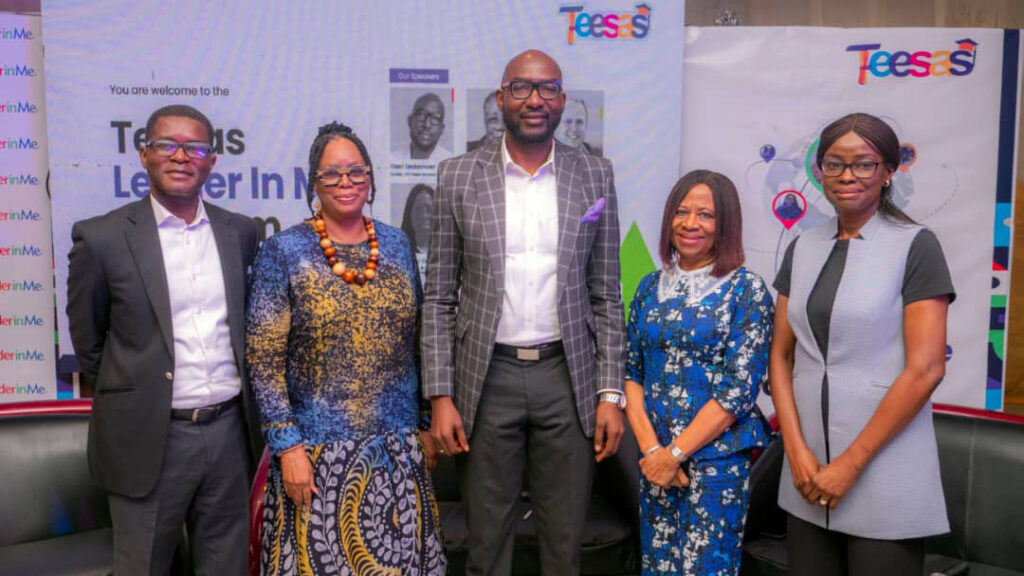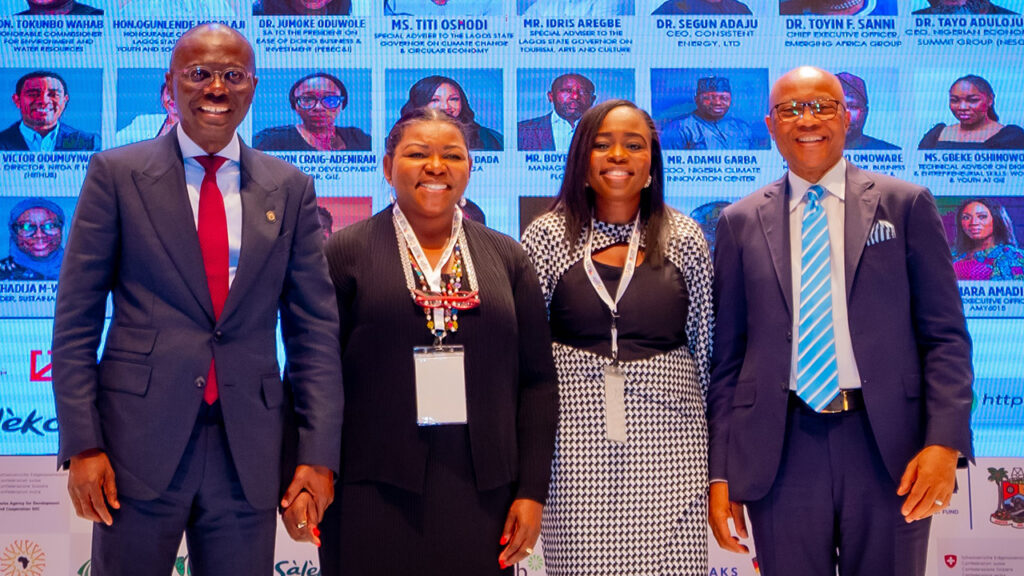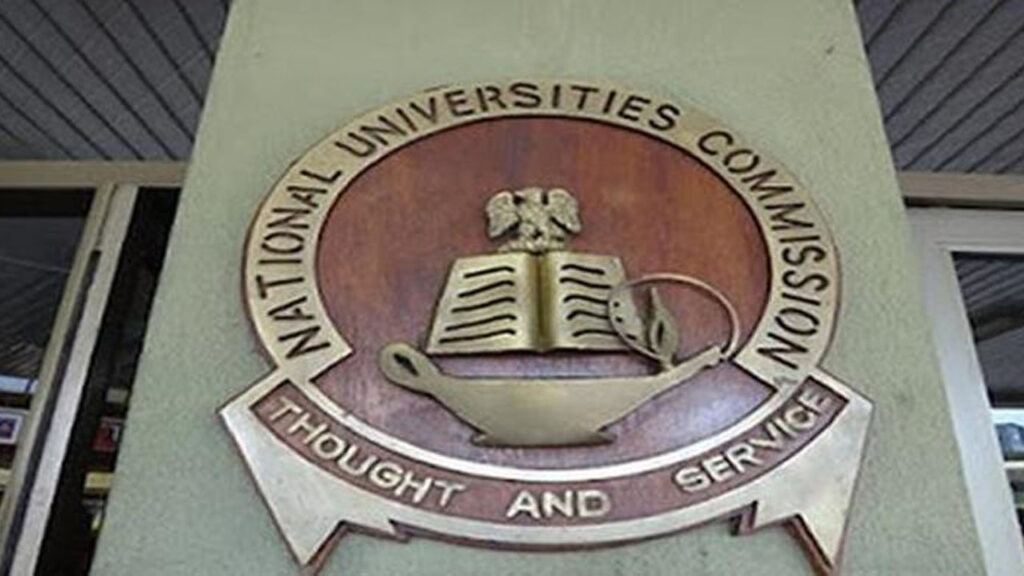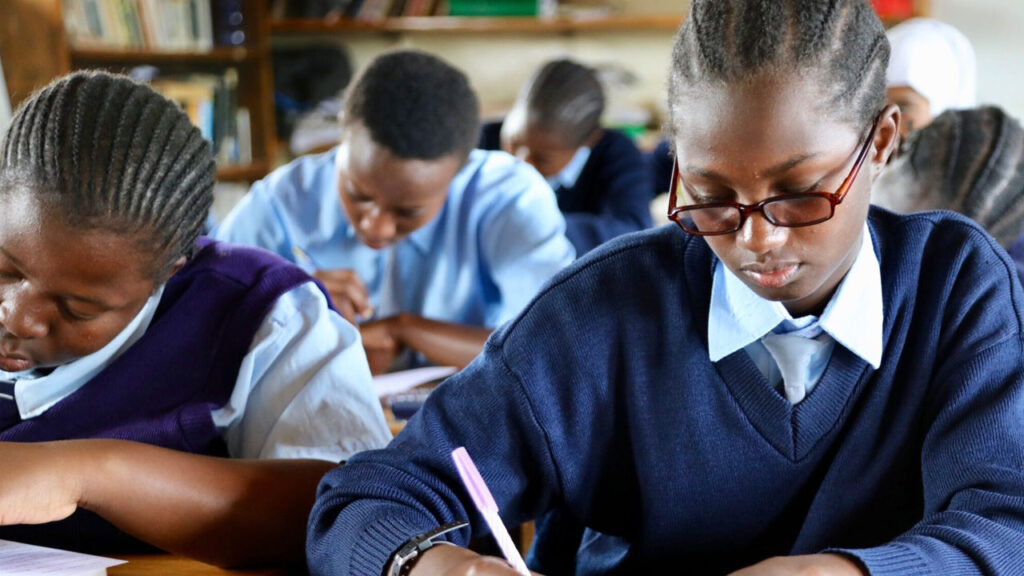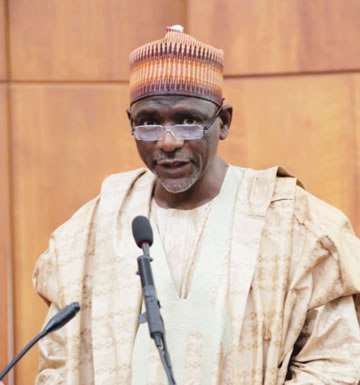By Adesuwa Erediauwa and Jan Záhořík
Nigeria is Africa’s biggest market, 4th largest economy, and with a population of over 200 million, is also by far the most populated country on the continent. According to demographic predictions, Nigeria will have over 400 million inhabitants by 2050. Such numbers look astonishing but we have to ask how the government responds to these demographic challenges and what the prospects and future perspectives of Nigeria are. Nigeria cannot rely on oil but must invest in its future by diversifying the economy and boosting educational and entrepreneurial sectors.
Numerous scholarly articles have extensively discussed Nigeria’s oil as a resource curse, attributing it to the presence of weak institutions, corruption, mismanagement, and overall sluggish development. Education is a crucial factor in achieving success. It requires effective leadership and a well-planned, long-term strategy to implement the necessary and appropriate reforms in the educational system.
Historically, education in Nigeria has been significantly underfunded. The government’s budgetary allocation to the sector has averaged about 8% within the last decade. This is a big disparity from the UNESCO 2021 recommendation for members to allocate 15-20% of their budget to allocation (UNICEF report, 2021). Government underfunding of the sector has grave consequences.
First, there is a shortage of adequate school facilities in many parts of the world’s sixth most populous nation. Nigeria’s educational sector is plagued with a lack of basic school facilities. Public schools, at all levels, are beyond their capacities with classrooms full of pupils and students. This results in a teacher-to-student ratio of well over 50:1, thereby diminishing the effectiveness of the educational system in Nigeria.
Second, poor teacher remuneration which leads to the prevalence of an overall shortage of teachers and low-quality teachers in the classroom. Salaries in the educational sector do not motivate people to join the sector, having very little prospects for a financially stable future.
In recent times, teachers in the rural sector have been concerned with insecurity especially considering the high spate of kidnappings which is concentrated in the villages. Consequently, not only is there a lack of teachers for the desired quality of education, but the ability of school children to compete in a globalized world is in question.
Furthermore in this discourse, is the challenge with Nigeria’s curriculum which has failed to keep up with global trends in education. Notable among these trends is the need to inculcate human rights and respect for cultural diversity as a foundation for learning, incorporate environmental education throughout all curricula in schools, and develop technical proficiency and critical thinking skills through the training of digital tools.
Another serious problem, which has not stimulated sufficient discussion and action, is the fact that about 20 million children aged 6-15 are out of school, according to a UNESCO 2022 report. This figure is up from the 18.3 million reported by UNICEF in 2020. The UN body noted that not only is there a monumental number of Nigerian youths outside the educational system, but there is also a significant proportion of kids who fail to transition from primary to secondary education, resulting in a substantial reduction in their prospects in the labour market.
Despite government efforts at providing free basic education for many decades, the numbers have not abated. This is primarily due to limited access and extreme poverty among a significant percentage of the population. Moreover, public schools are insufficient to cater to the teeming youth population. According to data from Statista, there are about 116,925 elementary schools in Nigeria, out of which 52% are public schools. With 42% of the population under 15 years, that allocates 117,000 schools to over 91 million school-age children.
In the last few decades, there has been a growing proliferation of private schools. These schools have emerged to address the gaps left by the poor quality and insufficiency of public schools. The standards of private schools can vary widely, but they generally ensure that children from financially capable households have access to a good education.
These children often have access to better resources, and are taught by more qualified teachers, in a more conducive learning environment compared to their peers in public schools. This situation has created significant disparity. Children from less affluent families are often left with limited options. They may have to attend poorly regulated private schools, commonly referred to as mushroom schools, which often lack the necessary resources and oversight to provide a quality education.
They attend underfunded public schools, which struggle with overcrowding, outdated materials, and insufficient staffing. And in the worst scenarios, do not attend school at all. This growing divide highlights the urgent need for improvements in the public education system to ensure equal opportunities for all children.
There was a time not long ago when good public education was available to all children, and private schools were rare, mostly catering to the religious. Back then, Nigerian public schools were a melting pot of diversity, with children from all walks of life sharing the same classrooms. These schools were places where social and economic barriers were broken down, fostering a sense of unity and equality among students. The quality of education was high, and the focus was on providing every child, regardless of their background, with the same opportunities to succeed.
This issue demands top priority for the nation as a collective entity. It appears to have been handled with kids’ gloves, devoid of the severity that the situation requires. To fulfill target 4 (Quality Education) of the Sustainable Development Goals 2030 and ensure Nigeria’s survival in a globalized world, improving the educational sector should be the fundamental basis for any agenda. Quality education is central to any government effort to transform the economy.
The Bola Tinubu-led government pledged to enhance the education sector through increased spending but the meager 6% allocation of the budget to education does not reflect that. While the current allocation may appear larger than the previous year’s 7.9% budgetary allocation in absolute terms, it is insignificant when considering the magnitude of challenges faced by the sector. The president has proposed eight priority areas to transform the economy. Upon deeper examination, it becomes evident that a robust educational sector is crucial for achieving sustainable success in any of these areas.
Nigeria should take inspiration from countries where impactful public education has a long history and tradition, for example Czech Republic. There, preschool enrolment is guaranteed to children in their last year before entering elementary school. Children then go on to elementary school for nine years, and in addition to that, can choose to study grammar schools (gymnázium) from 5th or 7th grade.
Elementary education is mandatory for everyone, while upper secondary education can be either general or vocational and is not mandatory. Tertiary education consists of a variety of public and private universities in which students can choose what to study and where. Studying in the Czech language is free while students studying in private universities pay tuition. The Czech system also offers a variety of retraining programs, universities for seniors, etc.
A closer look at Czechia’s system of education reveals a commitment to extolling education. They demonstrate their value for education and culture by making basic education free for all, which is also the case for public universities for those who study programs in the Czech language. To solve the sometimes desperate situation of many Nigerian students and youths, the government should take educational reform more seriously and get inspiration from countries where public education has a long successful tradition.
In densely populated countries like China and India, their literacy rate has been steadily rising. India’s rate peaked at 77% in 2022 and China at 96% in 2022 which is a significant rise from about 25% in the case of China in 1978. Today both most populous countries have the largest number of students enrolled in higher education programs in the world and have increased investments in education rapidly with a budget of more than 260 billion USD (China) and 45 billion USD (India).
President Tinubu has introduced new educational reforms. These reforms are very much needed in Nigeria, given the current state of the educational system. However, implementing them successfully will require a combination of several critical factors. One of the most pressing issues is the low salaries in the educational sector. Addressing this issue is crucial for the success of any educational reform.
Another significant challenge is inadequate school infrastructure. Overcrowded classrooms make it difficult for teachers to provide individual attention to students, which hampers the quality of education. Reducing class sizes and ensuring that schools are adequately staffed are essential steps in improving the educational system.
Finally, there is a need for a broader system of high-standard public schools. Ensuring that all children have access to high-quality education, regardless of their socio-economic background, is vital for the overall development of the country.
Jan Záhořík (PhD) is an Africanist from the University of West Bohemia in Pilsen, Czech Republic; Adesuwa Erediauwa (PhD) is an Economist from the Nigerian Institute of International Affairs, Lagos.







